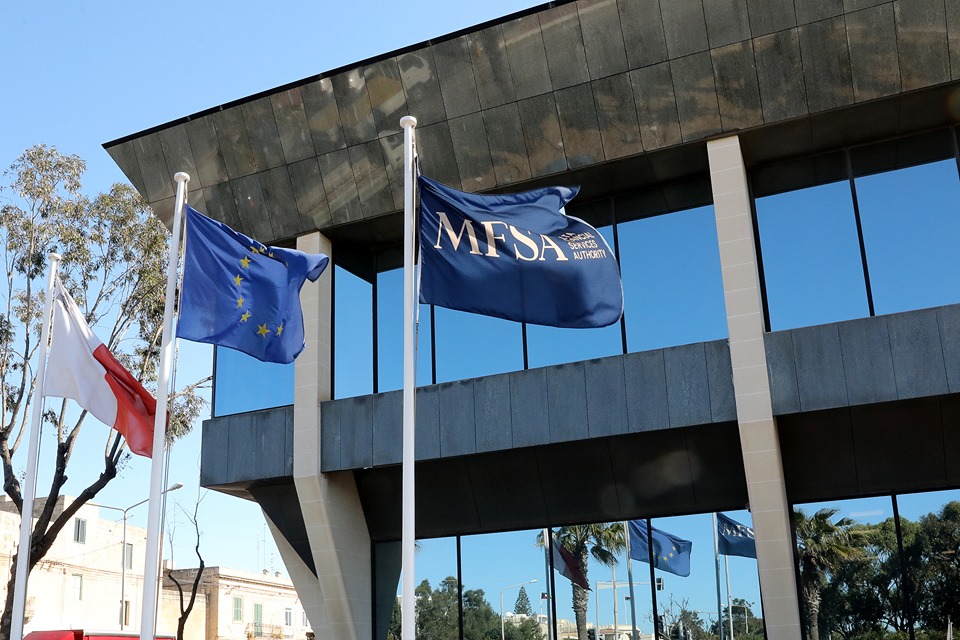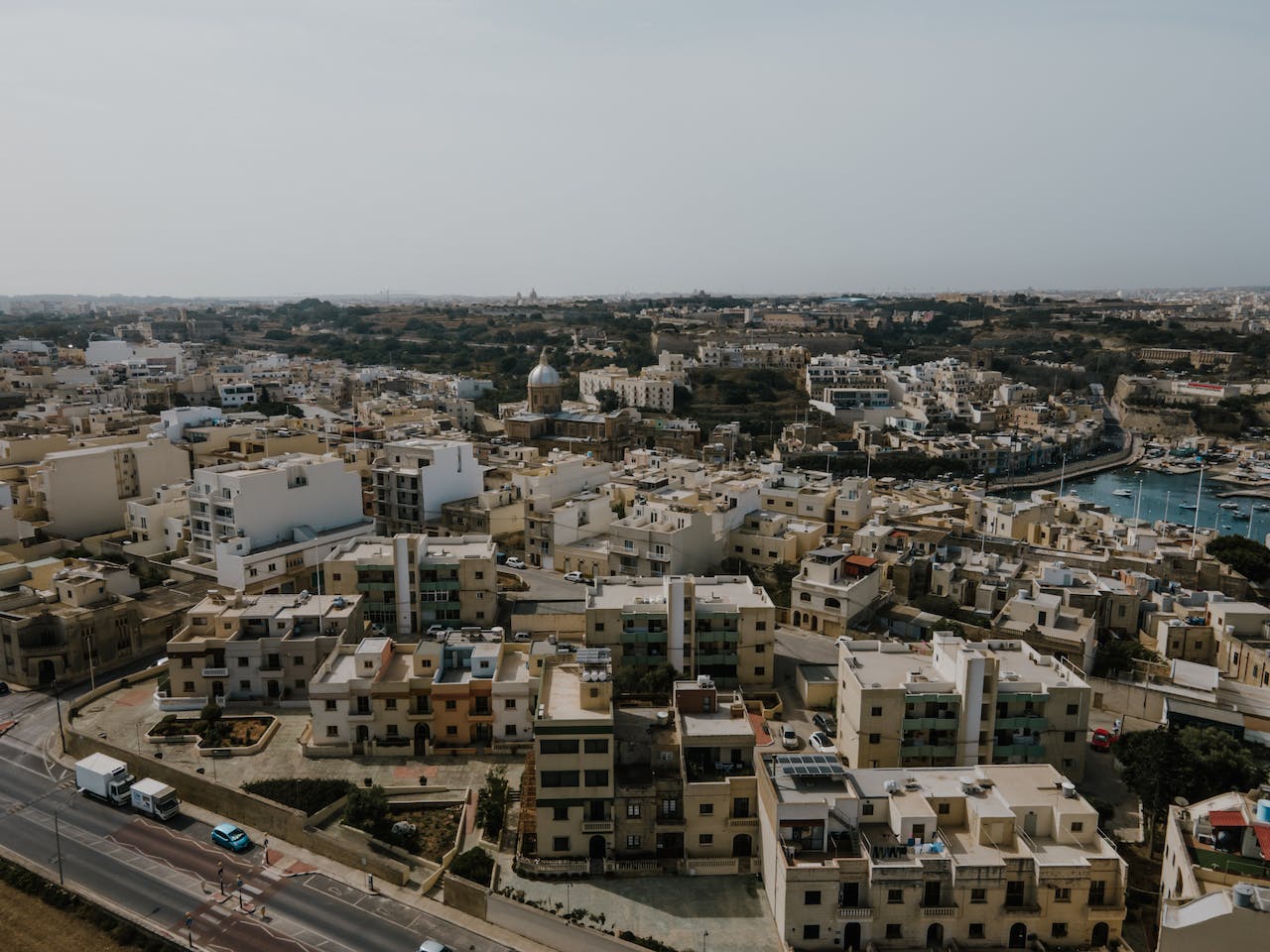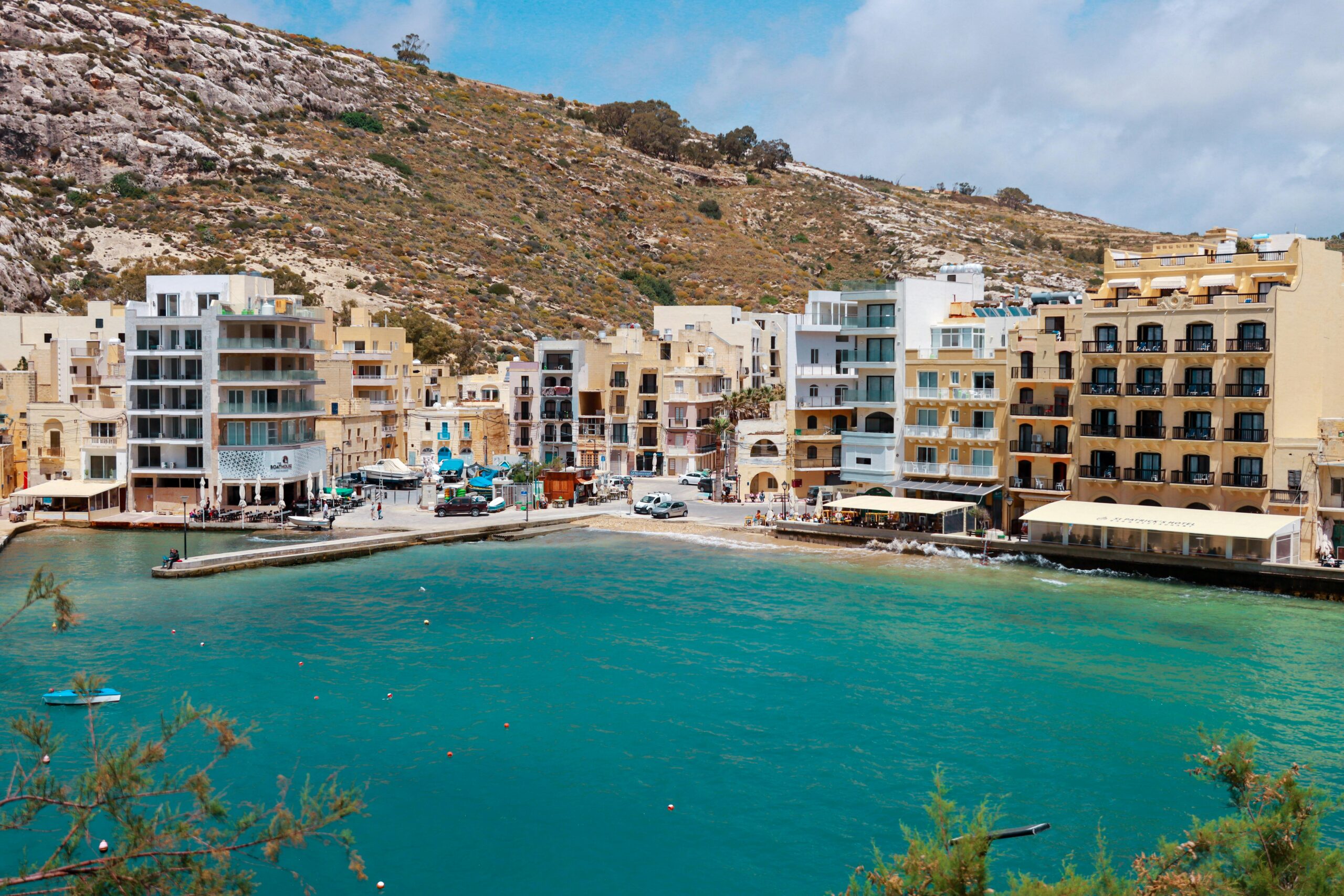Malta’s financial services sector generated an aggregate gross value (GVA) of €1.028 billion in 2020, as the Malta Financial Services Authority (MFSA) issued €975,462 in administrative penalties, a €225,000 increase on the figure recorded cumulatively in the three years prior.
According to the MFSA Annual Report and Financial Statements, issued on Wednesday, the sector generally seems to have weathered the shocks stemming from the onset of COVID.
Aside from the increase in overall GVA – by 5.5 per cent on the year before – employment in the sector also rose 7.6 per cent compared to 2019.
The Authority’s investment in staffing was also reflected through investments in training.
A total of 16,383 hours of training was provided to MFSA staff over the year, and the Authority set up the Financial Supervisors Academy to provide training programmes to employees, as well as to other regulators, supervisors, policymakers and academics outside of the Authority.
Supervisory inspections totalled 419 in the year, marking an 84 per cent increase from 2019, and a 149 per cent increase over 2018.
Of 265 applications for authorisation processed by the MFSA, 25 per cent were withdrawn or refused, it says.
Commenting on the year, John Mamo, Chairman of the MFSA presented a positive outlook for the regulatory body and the industry as a whole.
“Despite the adverse circumstances generated by the pandemic, we are pleased to note that the Maltese financial services sector continued to grow and generate employment opportunities over the past year.
“We also remain determined to steer the sector to a higher threshold of long-term sustainability, also through the integration of new areas of supervision and potential growth”, he said.
Similarly, Christopher Buttigieg, CEO ad interim, and Chief Officer Supervision said: “In 2020, the MFSA continued to augment its capacity and capabilities, producing supervisory performance results. The Authority delivered on commitments made with international standard setters and on projects which had been mapped out in our strategic plan.
“We are encouraged by the fact that as eventful as 2020 was, and as ambitious as our strategic targets are, the Authority and the sector have remained steady on course”.
The report comes as Malta’s regulatory environment has once again come under increased scrutiny, as the Financial Action Task Force (FATF) gave it mixed reviews and delayed the decision regarding whether to place Malta on its so-called grey list.
Evaluators met on Tuesday to give a recommendation, and according to local media reports citing “informed sources”, assessors from the USA, the UK and Germany took a position against Malta, meaning a plenary vote on 23rd June, will now decide the country’s fate.
This delay comes despite the long-awaited and much celebrated conclusion of Moneyval’s assessment into Malta, which gave the jurisdiction a passing grade, after its shock 2019 failure.
db Foundation raises €8,419 for Karl Vella Foundation with MasterChef Malta Charity Dinner
These events form part of the db Foundation's ongoing commitment to supporting vulnerable members of society through impactful initiatives
Residential property prices rise by 5.7% in first quarter of 2025
The new figures show continued growth in Malta’s property sector
Youth4Entrepreneurship Gozo 2025: Youth invited to propose innovative digital solutions
The initiative aims to empower youth to become active contributors to Gozo’s development by addressing local challenges






